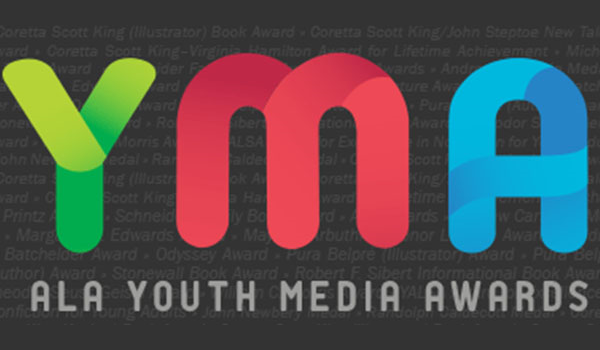
Comme chaque année, les Mystery Writers of Americas ont dévoilé leurs nominations pour les prix Edgar. 4 titres parmi nos représentations ont été sélectionnés :
Dans la catégorie « Best Paperback Original », nous retrouvons UNDER A DARK SKY de Lori Rader-Day, publié par William Morrow, ainsi que UNDER MY SKIN de Lisa Hunger (Park Row Books).
I’LL BE GONE IN THE DARK de Michelle McNamara, qui a été publié en France par Kéro sous le titre « Et Je Disparaîtrai Dans La Nuit », a été sélectionné dans la catégorie « Best Fact Crime ».
Et enfin, Alice Bolin sera en lice dans la catégorie « Best Critical/Biographical » avec DEAD GIRLS, publié en mars 2018 par William Morrow et considéré par le New York Times comme l’un des meilleurs titres de l’année 2018.
 Theresa Park et Celeste Fine ont joint leurs forces pour créer une nouvelle entité qui regroupe les ressources de l’agence Park Literary & Media avec le réseau d’auteurs et agents de Celeste Fine, anciennement vice-présidente de Sterling Lord Literistic.
Theresa Park et Celeste Fine ont joint leurs forces pour créer une nouvelle entité qui regroupe les ressources de l’agence Park Literary & Media avec le réseau d’auteurs et agents de Celeste Fine, anciennement vice-présidente de Sterling Lord Literistic.

